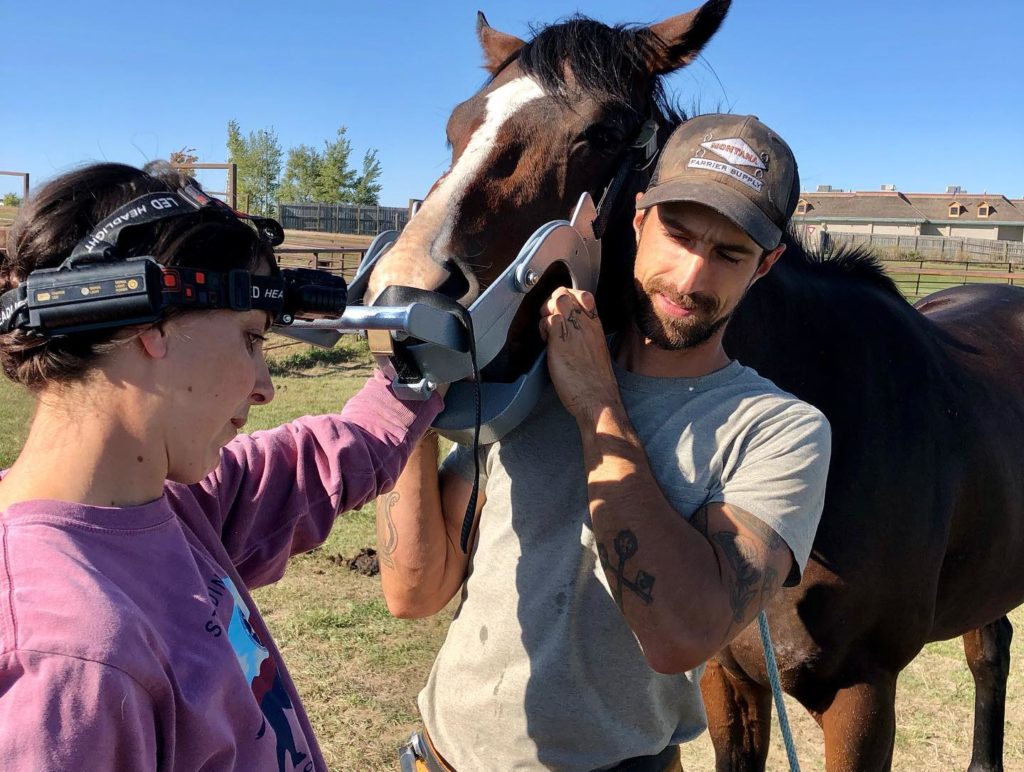Recent project Updates
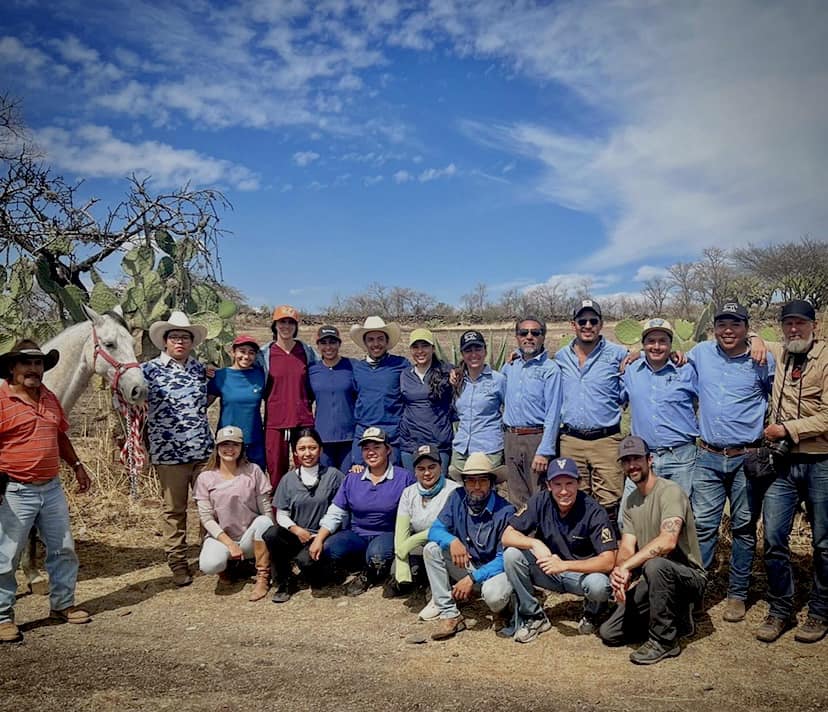
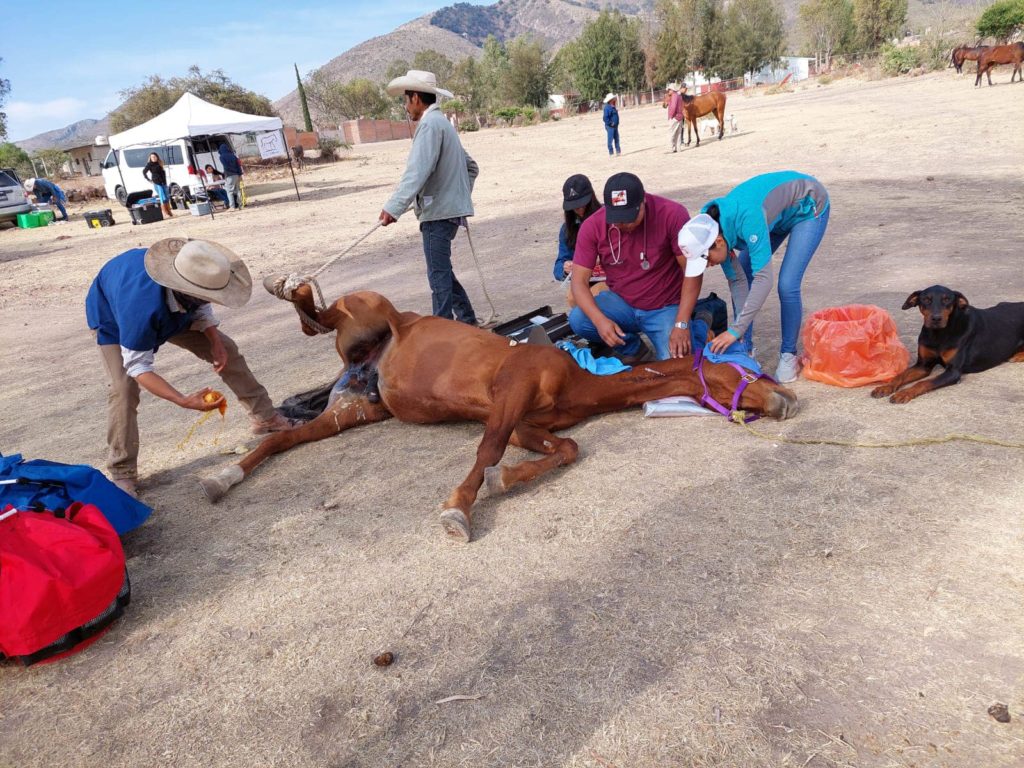
San Miguel de Allende, Mexico- April 2023
The RVETS MEXICO family returned to San Miguel de Allende. The team of veterinarians and student volunteers worked hard to care for 813 horses and donkeys across 5 communities. RVETS completed over 100 castrations and 30 dental procedures during the trip. Once again, well done RVETS MEXICO! Check out the article in the New York Times about this recent trip.
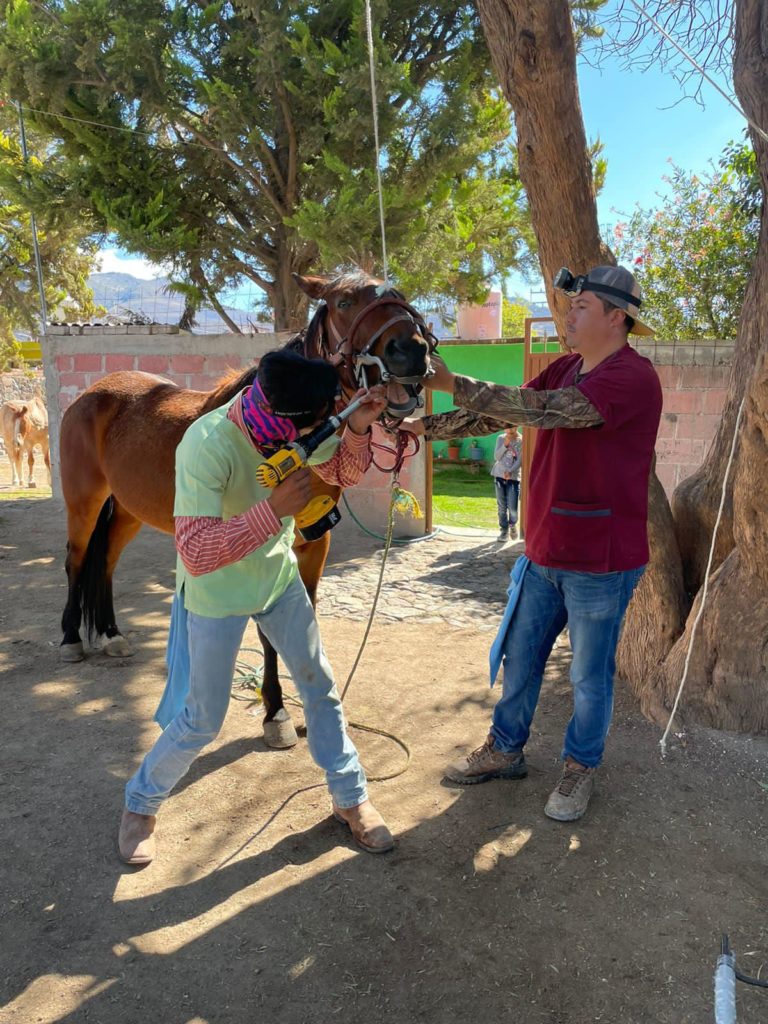
Peaceful Valley Donkey rescue, Scenic, AZ- February 2023
Our RVETS Team successfully gelded 68 donkeys in Arizona, to prepare them for adoption. These jacks had been removed from National Park Service (NPS) and Bureau of Land Management lands by a private non-profit, under federal land management programs. Deemed “invasive species” and “pests” these donkeys, generally called by their Spanish name “burros”, have inhabited the southwestern deserts since at least 1598. One has to ask: “Given that the three basics of adaptation are mutation, selection, and migration, at what point does a migrating species become part of the ‘natural’ fauna or flora of a place?” Is the answer 4 million years, or 400 thousand, or 4 hundred, or 40? And who gets to choose?
I would be fine with leaving this little newborn burro and his mother in the wild, in a place to which he and his relatives are supremely adapted. However, our society has chosen otherwise. The idea of removal, holding, and adoption, used for both burros and mustangs, has not proven particularly successful to any of the “stakeholders”, much less the animals themselves. However, because this is the law of the land, if these burros are to ever have a chance to live somewhere besides a large feed yard, our culture insists that they be castrated. At RVETS we cannot solve the political and economic issues driving the removal of these large wild herbivores from the land. However, our team has done thousands of field castrations, and experience allows us to minimize the stress, pain, and complications that go along with this elective procedure. It isn’t perfect, but that is what we can do for now.
-Eric davis
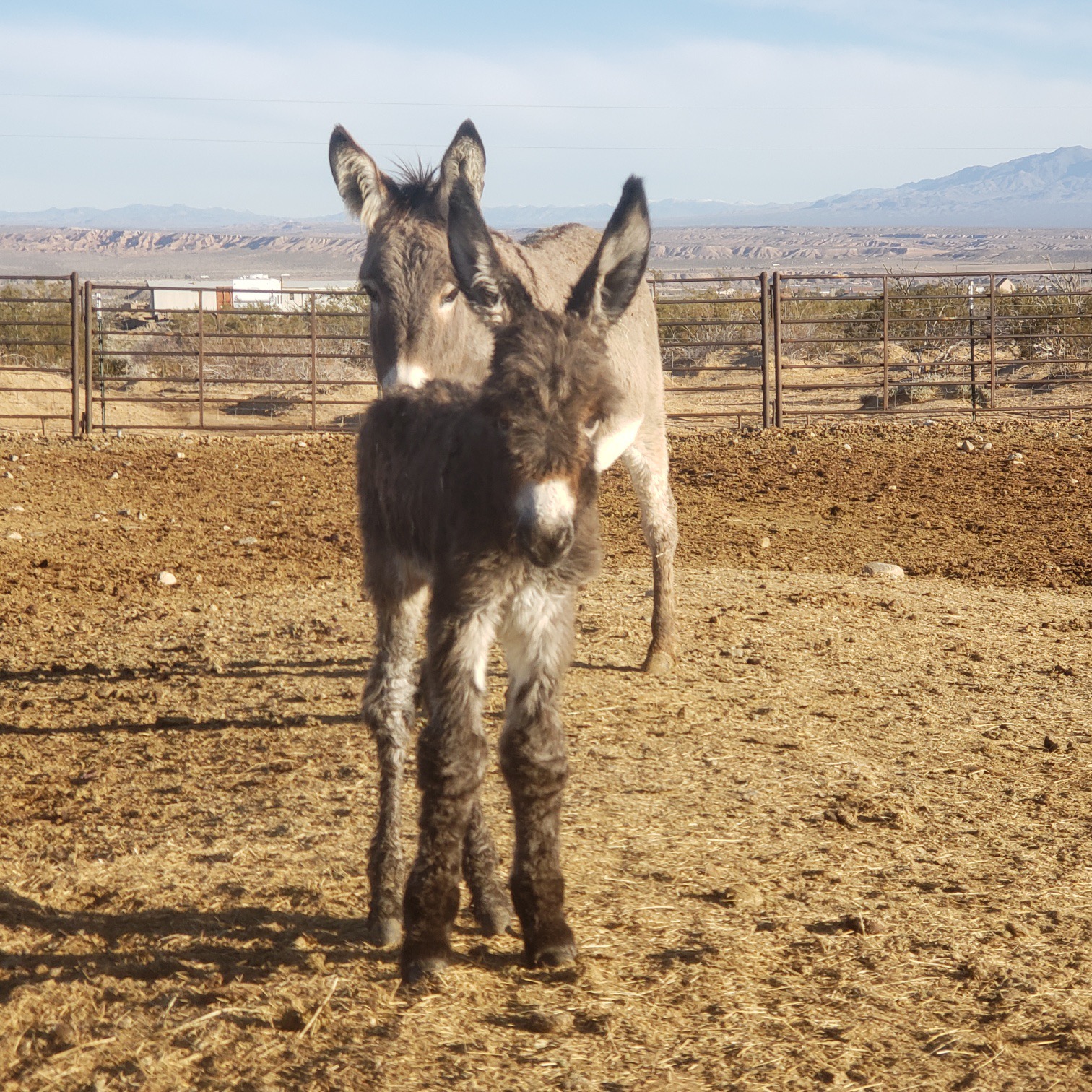
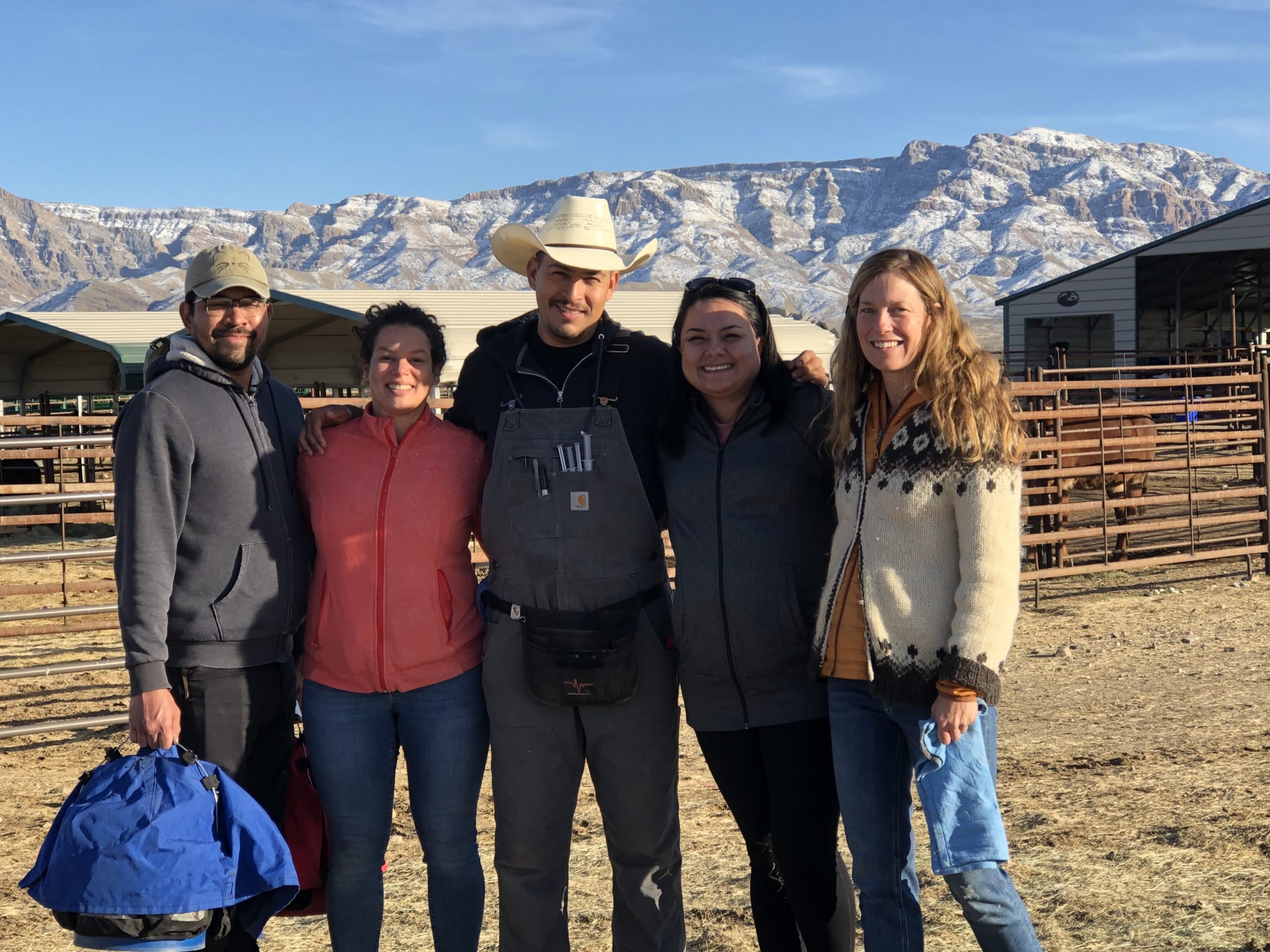
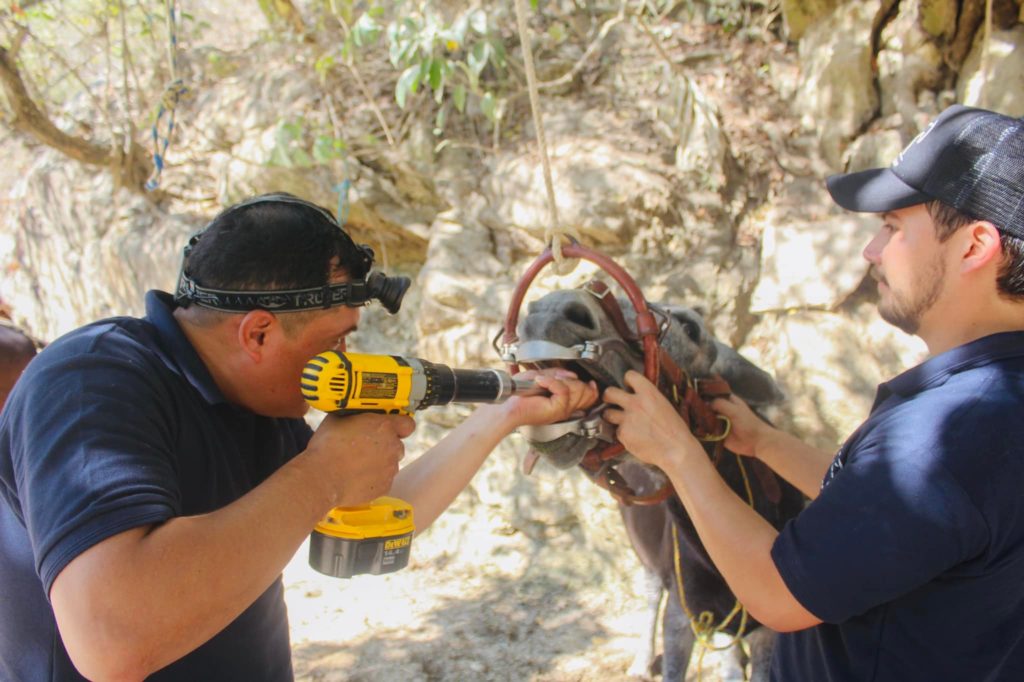

Quimixto, Mexico- January 2022
Quimixto is a small community in the state of Jalisco, Mexico. Like other small nearby towns, Quimixto’s main economic activity is tourism. The people of this town use horses, mules and donkeys to take tourists to the waterfalls in the area. The only way to get to Quimixto is by boat, so veterinary services are practically non-existent. That is why RVETS has made efforts to bring veterinary attention to all those equines that work hard, and that are extremely important to the population.
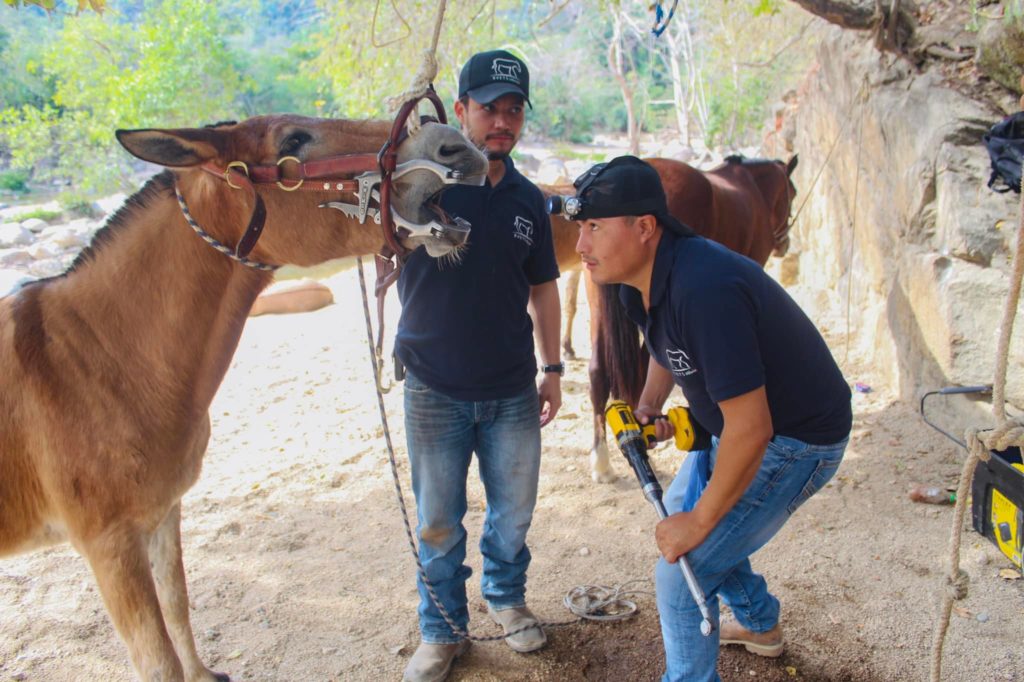
Peaceful Valley Donkey Rescue, Scenic, AZ- December 2021
We sure do love donkeys! RVETS is back from a mission to Peaceful Valley Donkey Rescue’s West facility in Scenic, Arizona. There we trimmed some severely overgrown feet on a Jenny and did a scar revision surgery on another burro, in addition to many castrations. We were honored by the presence of our founder and mentor, Dr. Eric Davis (a farrier who is board certified in both surgery and internal medicine). These donkeys are being trained and will be adopted out to loving homes!
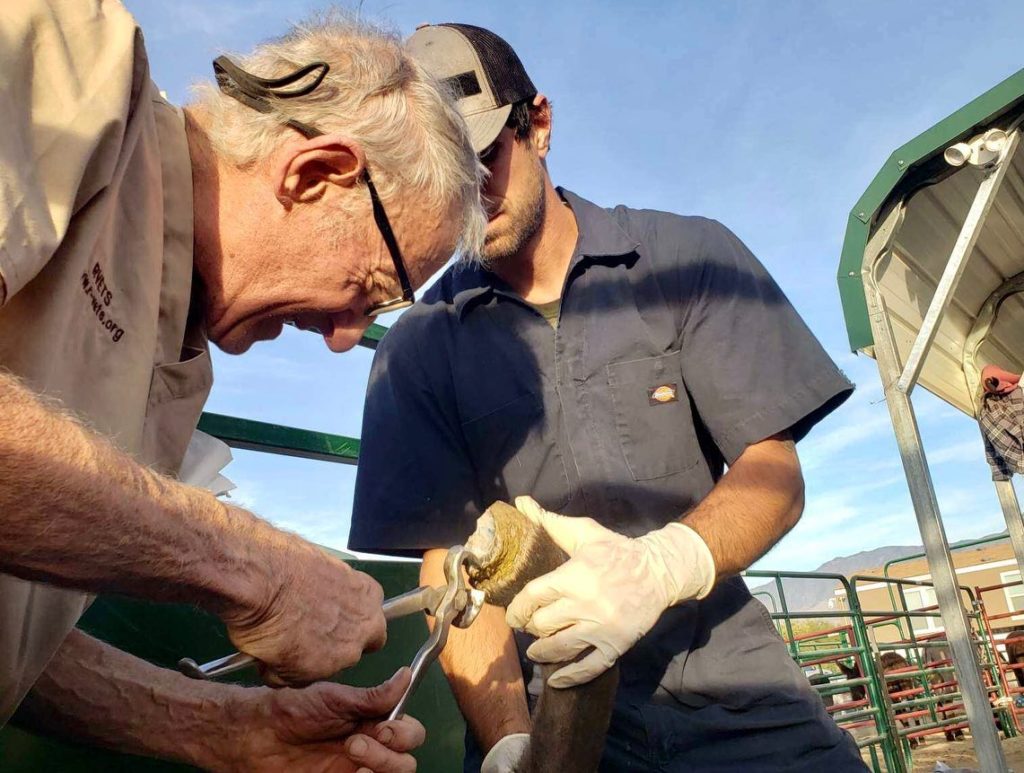

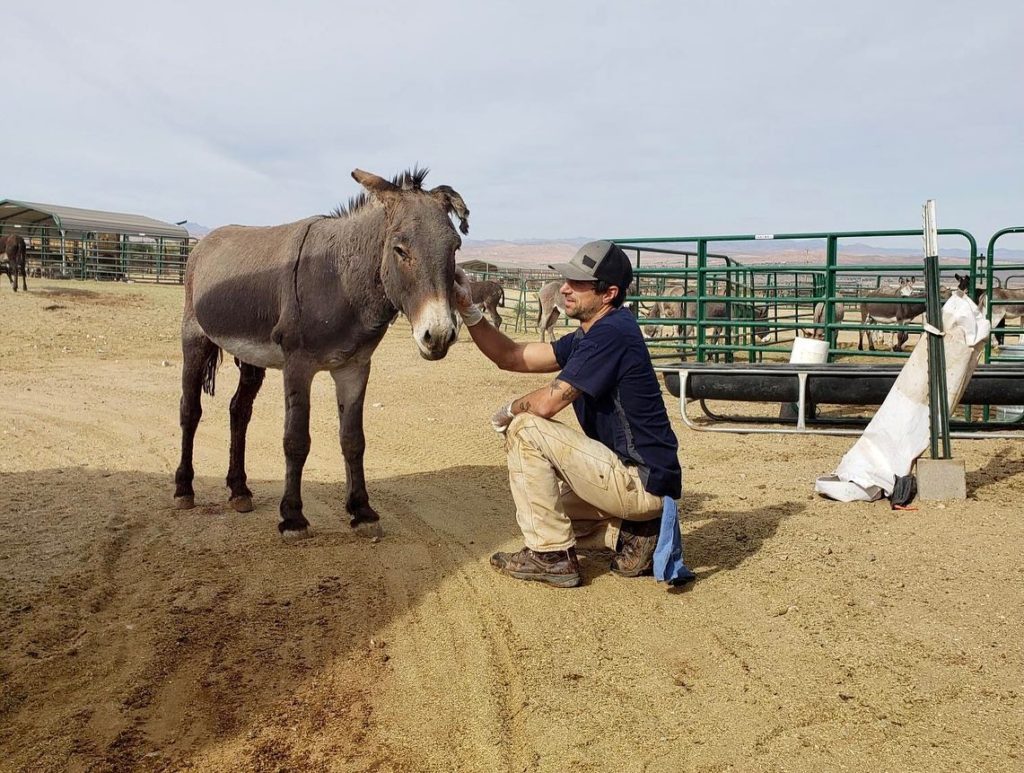

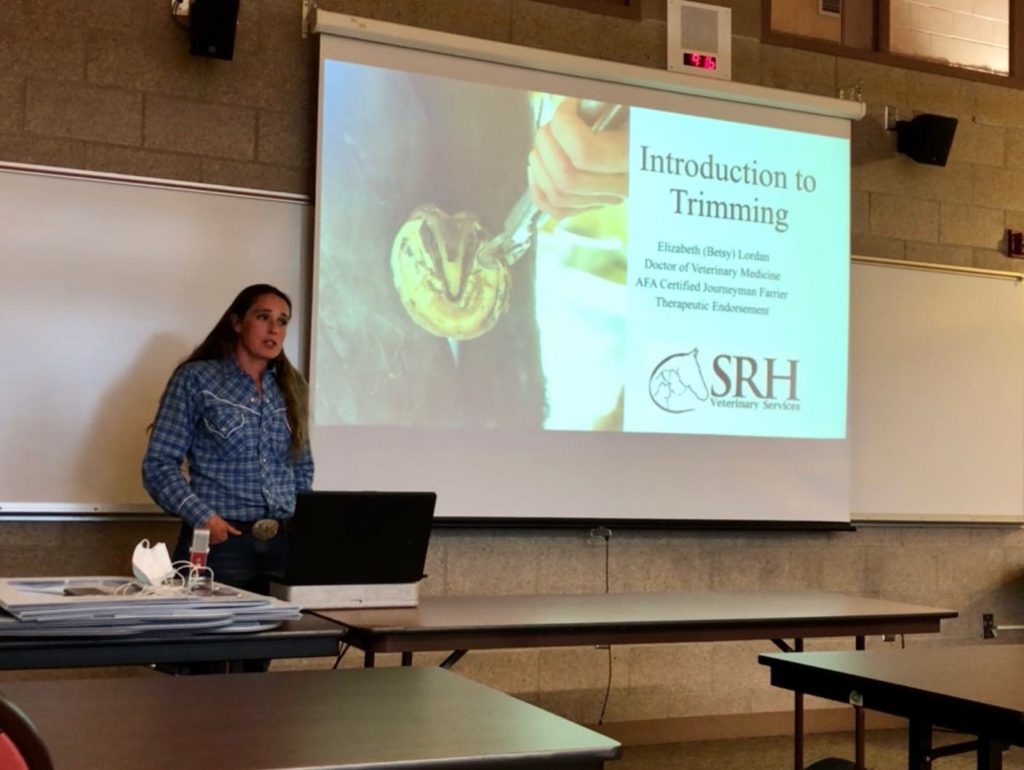
Sitting Bull College, Fort Yates, ND- September 2021
RVETS is back from a successful trip to Standing Rock Reservation in North Dakota, in partnership with Sitting Bull College. Drs. Jamie White and Tarek Isham worked hard to get our brand new Montana-based mobile clinic up and running. We are ready to deploy to areas in the West and hope to be expanding our operations in the coming year!
We saw a bunch of horses on Standing Rock and put on a three day farrier workshop with Dr. Betsy Lordan, which was a great learning experience for everyone. We are looking forward to doing more of these trips soon! Please donate to help us continue to offer these services.
